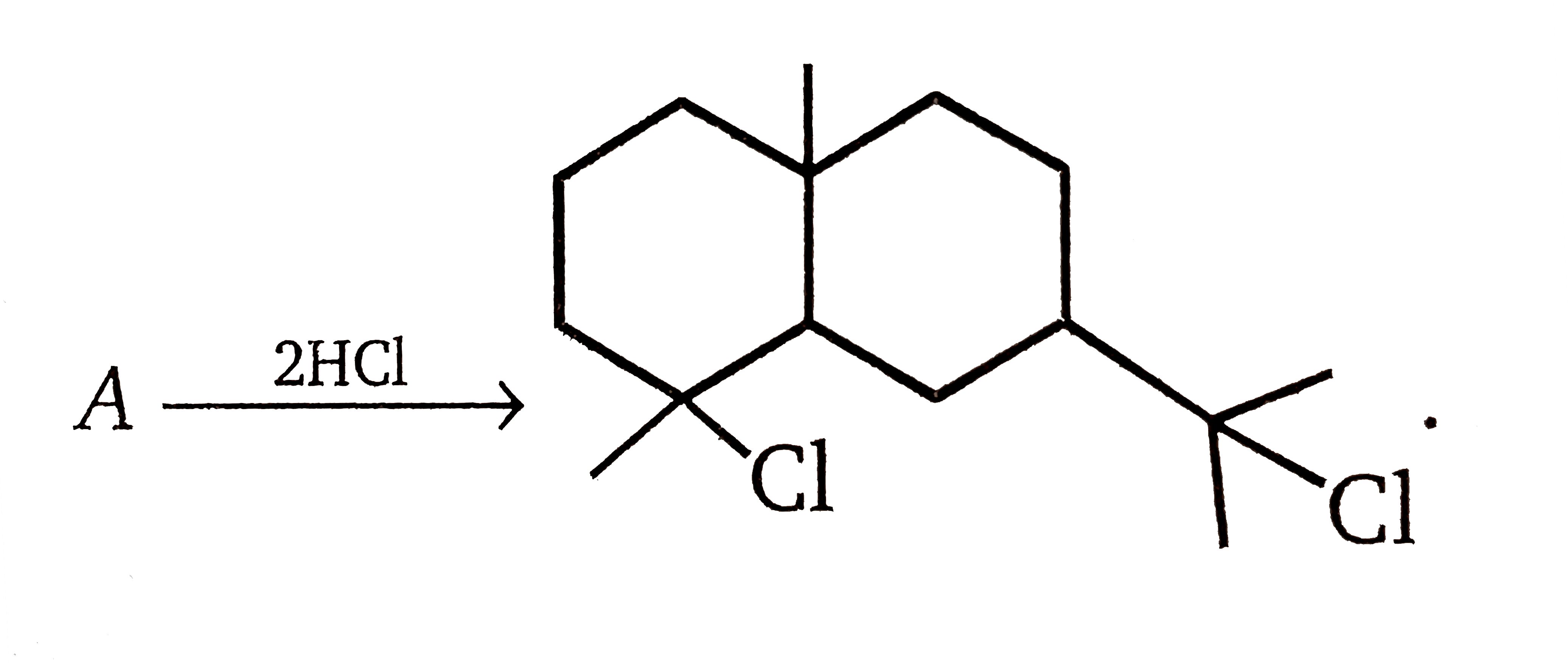A reaction involiving two different reactants can never be:
A
Unimolecular reaction
B
1 order reaction
C
II order reaction
D
Bimolecular reaction
Video Solution
Text Solution
The correct Answer is:A
Two reactants leads to bimolecular reaction may be I or II order.
|
Updated on:21/07/2023
Topper's Solved these Questions
- BOOK - A2ZCHAPTER - CHEMICAL KINETICSEXERCISE - Integrated Rate Expression53videos
CHEMICAL KINETICS
- BOOK - A2ZCHAPTER - CHEMICAL KINETICSEXERCISE - Initial Rate Method And Ostwaid Method18videos
CHEMICAL KINETICS
- BOOK - A2ZCHAPTER - CHEMICAL KINETICSEXERCISE - Section D - Chapter End Test30videos
CHEMICAL KINETICS
- BOOK - A2ZCHAPTER - BIOMOLECULESEXERCISE - Section D - Chapter End Test30videos
BIOMOLECULES
- BOOK - A2ZCHAPTER - COORDINATION COMPOUNDSEXERCISE - Section D - Chapter End Test30videos
COORDINATION COMPOUNDS
Similar Questions
Knowledge Check
- Question 1 - Select One
A reaction involving two different reactants can never be:
Aunimolecular reactionBfirst order reactionCsecond order reactionDbimolecular reaction - Question 2 - Select One
A reaction involiving two different reactants can never be:
Aunimolecular reactionBfirst order reactionCsecond order reactionDbimolecular reaction - Question 3 - Select One
A reaction involving two different reactants can never be
Abimolecular reactionBsecond order reactionCfirst order reactionDunimolecular reaction
The order of reaction can never be zero.
View SolutionReactants A and B can react to give two different products C and D in two different reactions. The two reactions take place in two different mechanisms and D is found to be more energetically stable than C. But product C was found in larger amounts. How do you account for this ?
View SolutionState whether the statements given are True or False.
Two rationals with different numerators can never be equal.View SolutionA reaction involiving two different reactants can never be:
View Solution . Reactant (A) can be: View Solution
. Reactant (A) can be: View Solution

